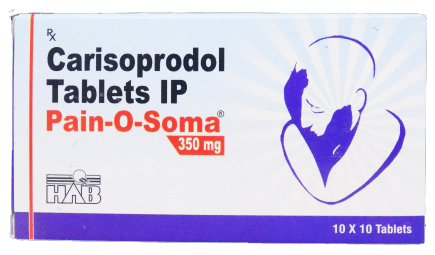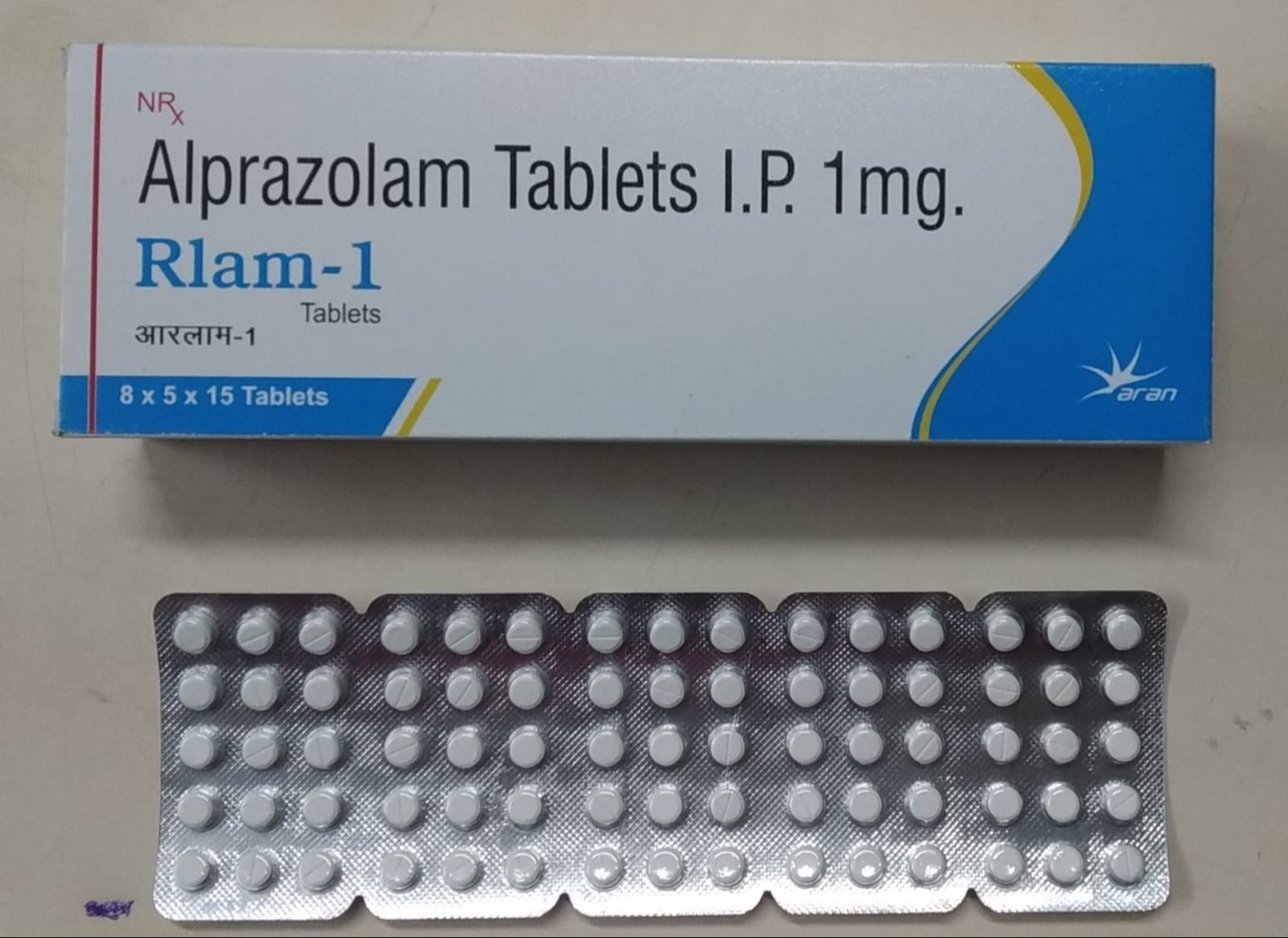
Soma 350mg, or Carisoprodol, is a drug that relaxes muscles, which is often prescribed to relieve muscle spasms and muscle pain. Its quick action and efficacy make it an ideal selection. But understanding the longer-term consequences is vital to users. This article examines the long-term effects of Soma 350mg. It also discusses dependence issues, health risks, and tips for managing.
Understanding Soma 350mg and Its Purpose
Soma 350mg helps ease the irritation caused by injury to the muscles. It affects your central nervous system, loosening muscles and reducing spasms swiftly. It is often used for short-term relief. Soma is often used in conjunction with physical therapy as well as rest. Although it is effective in treating acute pain but prolonged usage can be risky. Knowing the long-term consequences aids users in making safer choices.
Common Reasons for Long-Term Use of Soma
Although the FDA suggests Soma as a short-term treatment (up to 3 weeks), some people use it for a longer period of time. Patients suffering from chronic pain or suffering from chronic musculoskeletal issues could utilize Soma often. Other people might use it for longer than recommended due to the convenience or the lack of alternatives. In addition, it may result in side effects as well as dependency issues and raise the need for awareness.
Long-Term Effects on the Body
1. Physical Dependence and Withdrawal Symptoms
The long-term usage of Soma 350mg may lead to physical dependence. The body begins to depend on the drug for normal functioning. The abrupt stoppage of Soma could trigger withdrawal symptoms, such as
- Insomnia
- Anxiety
- Tremors
- Nausea and vomiting
- Hallucinations
The symptoms may be serious, which is why it’s necessary to gradually taper medically for safe discontinuation.
2. Cognitive Impairment
Extensive Soma consumption could impair cognitive function. People may suffer from memory impairment, such as difficulty concentrating or slowing of brain processing. The impairments can affect everyday functioning and performance at work. The long-term effects of brain impairment make it imperative to limit usage to the recommended durations.
3. Liver and Kidney Stress
Soma is processed in the liver before being excreted through the kidneys. Long-term use may strain these organs and increase the chance of causing damage. The signs of strain on the liver include discomfort in the abdomen, fatigue, jaundice, and loss of appetite. The stress on the kidneys can cause increased swelling, changes in urine, and electrolyte imbalances. It is recommended to monitor your kidneys regularly if you are taking long-term Soma.
4. Increased Risk of Addiction
Carisoprodol is the active ingredient of Soma, can be addictive. The long-term use of Soma can cause dependence, which requires higher doses to achieve the same effects. The increased risk of addiction is characterized by a recurrent desire to use drugs, regardless of danger. It can negatively impact both social and professional aspects of daily work.
5. Chronic Sedation and Drowsiness
Constant Soma consumption can lead to continuous sedation and sleepiness. It reduces alertness and reaction speed. The sedation can impact driving, operating machinery, as well as workplace safety. People who have been using it for a long time should exercise caution and refrain from activities that require high concentration during treatment.
6. Psychological Effects
Prolonged use of the drug can cause feelings of irritability, mood swings, depression, or anxiety. In extreme cases, patients experience anxiety, paranoia, or hallucinations. The symptoms need medical attention and, in some cases, the discontinuation of medication. Health and psychological health must be watched closely during prolonged Soma treatment.
Managing Long-Term Side Effects
Gradual Dose Reduction
To avoid withdrawal symptoms, reducing the dosage of Soma slowly is crucial. A sudden discontinuation can cause serious physical and mental reactions. Consult with healthcare professionals to determine the most appropriate tapering regimen to ease the process.
Regular Medical Monitoring
Patients who are taking long-term Soma must undergo regular health checks. Kidney and liver functions should be monitored regularly. Assessments of psychological and cognitive function could be required. These tests allow for early identification of problems.
Avoid Combining Drugs and Alcohol
The combination of Soma along with alcohol and any other CNS depressants can cause more adverse consequences. It could seriously impair heart and respiratory function. Alcohol consumption for long-term use is a must, and tell their doctors about the use of all medicines to avoid adverse interactions.
Psychosocial Support
In the case of those who are struggling with dependency or mental health issues, therapy or support groups can help. Counseling can help with mood swings and decrease the risk of addiction. Networks of support can help ensure the use of medication in a safer manner.
Risks of Buying Soma 350mg Online
“Buy Soma 350mg Online” and “Buy Carisoprodol 350mg Online” are both popular searches due to their convenience. But online purchases that are not secure could pose risks
- Receiving counterfeit or substandard medication
- The absence of a proper prescription as well as medical surveillance
- More likely to be a victim of an Overdose
Additionally, certain platforms provide the option for “Buy Soma 350mg online without a prescription.” While tempting, this does not provide the essential advice from a medical professional. Responsibly purchasing Soma through authorized pharmacies that have valid prescriptions is vital to your security.
Signs to Watch for Long-Term Users
The long-term Soma users must be aware of the warning signs of adverse reactions, like:
- Persistent drowsiness and fatigue can affect daily routines.
- Attention problems or memory lapses.
- Anxiety, mood swings, or depression.
- Color changes in the skin, as well as changes in appetite or urination patterns.
- The signs of withdrawal can be seen when you’ve missed a dose, include nausea or shaking.
The early recognition of the problem can lead to prompt medical attention and help avoid complications.
Alternatives and Complementary Therapies
To limit exposure to the Soma’s effects over time, other choices may include:
- Programs for exercise and physical therapy
- Non-opioid pain medications like NSAIDs
- Relaxation techniques like massage or Acupuncture
- Lifestyle changes that include the proper ergonomics, rest, and relaxation
This reduces dependence on Soma and boosts general health.
Conclusion
Soma 350mg is a powerful muscle pain reliever, but it comes with risks when used for long periods of time. Cognitive decline, physical dependence, stress to the kidneys and the liver, as well as addiction, are major issues. Controlling these problems requires careful usage, continuous medical supervision, and awareness. If you are considering a longer-term Soma treatment, speaking with health professionals is vital to ensure safety.


